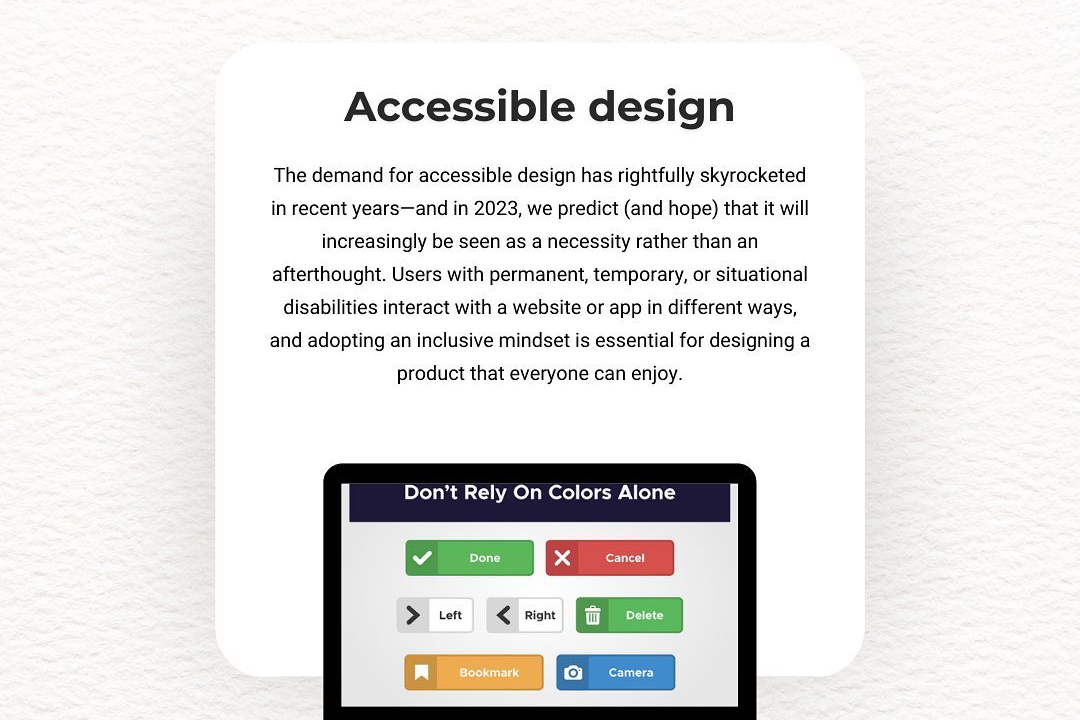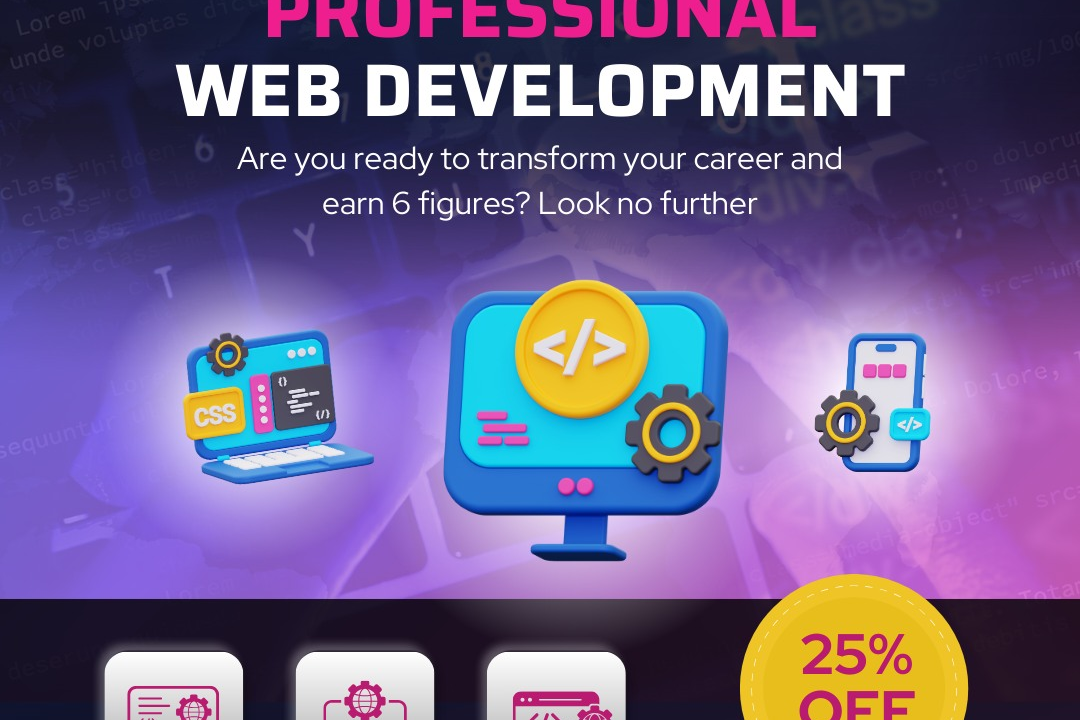Hotel Reservation Form with Database Design and PHP Programming
A hotel reservation form with database design and PHP programming is a web-based application that al
Hotel Reservation Form with Database Design and PHP Programming
A hotel reservation form integrated with database design and PHP programming is an essential tool that streamlines the booking process by allowing guests to easily reserve rooms online. This system not only enhances user convenience by providing a user-friendly interface but also ensures accurate data management through a well-structured database that stores booking details securely. PHP scripting dynamically interacts with the database to validate inputs, process reservations in real-time, and generate instant confirmation messages. Overall, this setup improves operational efficiency, reduces manual errors, and offers a seamless experience for both hotel staff and guests, making it a valuable component of modern hospitality management.
To Download Our Brochure: https://www.justacademy.co/download-brochure-for-free
Message us for more information: +91 9987184296
A hotel reservation form integrated with database design and PHP programming is an essential tool that streamlines the booking process by allowing guests to easily reserve rooms online. This system not only enhances user convenience by providing a user friendly interface but also ensures accurate data management through a well structured database that stores booking details securely. PHP scripting dynamically interacts with the database to validate inputs, process reservations in real time, and generate instant confirmation messages. Overall, this setup improves operational efficiency, reduces manual errors, and offers a seamless experience for both hotel staff and guests, making it a valuable component of modern hospitality management.
Course Overview
This course covers creating a hotel reservation form integrated with database design and PHP programming, enabling students to develop dynamic, secure booking systems with real-time data handling and server-side scripting expertise.
Course Description
The “Hotel Reservation Form with Database Design and PHP Programming” course teaches students to develop dynamic hotel booking systems by designing databases, creating user-friendly reservation forms, and implementing server-side scripting with PHP for secure and real-time data management.
Key Features
1 - Comprehensive Tool Coverage: Provides hands-on training with a range of industry-standard testing tools, including Selenium, JIRA, LoadRunner, and TestRail.
2) Practical Exercises: Features real-world exercises and case studies to apply tools in various testing scenarios.
3) Interactive Learning: Includes interactive sessions with industry experts for personalized feedback and guidance.
4) Detailed Tutorials: Offers extensive tutorials and documentation on tool functionalities and best practices.
5) Advanced Techniques: Covers both fundamental and advanced techniques for using testing tools effectively.
6) Data Visualization: Integrates tools for visualizing test metrics and results, enhancing data interpretation and decision-making.
7) Tool Integration: Teaches how to integrate testing tools into the software development lifecycle for streamlined workflows.
8) Project-Based Learning: Focuses on project-based learning to build practical skills and create a portfolio of completed tasks.
9) Career Support: Provides resources and support for applying learned skills to real-world job scenarios, including resume building and interview preparation.
10) Up-to-Date Content: Ensures that course materials reflect the latest industry standards and tool updates.
Benefits of taking our course
Functional Tools
1 - MySQL Database: MySQL serves as the backbone of the hotel reservation system, enabling students to learn how to create, manage, and query relational databases. It provides a practical platform to design tables, establish relationships, and ensure data integrity for reservation records, customer details, and room availability. Students will get hands on experience with writing SQL queries to perform CRUD operations, optimize database performance, and handle complex data retrieval scenarios, preparing them for real world application development.
2) PHP Programming Language: PHP is a widely used server side scripting language that interacts seamlessly with MySQL databases. In this course, students will learn how to write PHP code to develop dynamic web pages, handle form submissions, validate user input, and connect to the database securely. PHP's extensive functionality allows for creating user authentication modules, booking forms, and administrative panels, empowering students to build robust backend logic for hotel reservation platforms.
3) XAMPP/WAMP Server: XAMPP and WAMP are comprehensive local server environments that include Apache, MySQL, PHP, and phpMyAdmin. These tools facilitate easy setup and management of a development environment on Windows or cross platform. Students will use these servers to run and test their hotel reservation applications locally without the need for expensive hosting services. This setup helps in understanding server configuration, debugging, and deploying PHP MySQL applications effectively.
4) HTML5 and CSS3: To create user friendly and visually appealing reservation forms, students will work with HTML5 for structuring the web pages and CSS3 for styling them. These tools are essential for designing responsive interfaces that work seamlessly across devices, enhancing usability and customer experience. Learning HTML and CSS alongside PHP allows students to develop complete web solutions with integrated front end and back end components.
5) Bootstrap Framework: Bootstrap is a popular front end framework that simplifies designing responsive and mobile first web pages. Its pre built components like forms, buttons, modals, and navigation bars help students create professional looking interfaces with minimal effort. Implementing Bootstrap accelerates development time and ensures consistency across the reservation system’s design, leading to more engaging and accessible user experiences.
6) phpMyAdmin: phpMyAdmin is a user friendly web interface for managing MySQL databases. It allows students to perform database operations such as creating tables, executing SQL commands, managing users, and importing/exporting data easily. This tool helps students understand database administration and makes debugging database related issues more straightforward during the development of the hotel reservation system.
7) JavaScript & jQuery: To add interactivity and enhance user experience, students will utilize JavaScript and the jQuery library. These tools enable real time form validation, dynamic content updates, and smooth animations within the reservation interface. JavaScript helps in client side scripting, reducing server load, and providing instant feedback, which improves overall system responsiveness.
8) Version Control with Git: Git is an essential tool for managing project development collaboratively. Students will learn how to track changes, manage different versions of their code, and collaborate smoothly with peers using platforms like GitHub or GitLab. Implementing version control fosters good development practices, helps in rollback operations, and encourages teamwork, vital skills in any software development environment.
9) Notepad++ or Visual Studio Code: These code editors provide a conducive environment for writing, editing, and debugging code efficiently. They support syntax highlighting, code completion, and extensions that streamline PHP, HTML, CSS, and JavaScript development. Students will use these tools to write clean, error free code and optimize their workflow throughout the course.
10) Debugging Tools: Tools such as browser developer consoles, PHP error logs, and debugging extensions help students identify issues within their code quickly. Learning effective debugging techniques ensures the development of reliable reservation systems, reduces troubleshooting time, and enhances problem solving skills crucial for maintaining and updating applications in professional settings.
11 - Ajax Integration: Students will learn how to use Ajax to create asynchronous data loading and updates within the reservation system. This technique enables real time booking confirmations, availability checks, and form submissions without needing to reload the entire page, resulting in a smoother user experience and more interactive applications.
12) Security Best Practices: The course emphasizes securing the reservation platform by implementing security measures such as input validation, prepared statements to prevent SQL injection, user authentication, and session management. Understanding security protocols helps protect sensitive customer data and ensures compliance with best practices in web development.
13) Deployment on Live Server: Once the reservation system is developed and tested locally, students will learn how to deploy it onto a live web hosting environment. This includes configuring DNS settings, uploading files via FTP, setting up databases remotely, and ensuring the application runs smoothly in a production setting.
14) Responsive Web Design: Beyond Bootstrap, students will explore media queries and flexible layouts to ensure their hotel reservation interface works flawlessly across desktops, tablets, and smartphones. This skill ensures the system is accessible to a wide range of users, improving customer engagement.
15) API Integration: The course introduces how to connect with third party APIs for functionalities like mapping (Google Maps API), payment gateways, or review systems. API integration enhances the reservation platform’s capabilities and provides added convenience to users.
16) Email Notification Setup: Students will learn how to set up email functionalities for sending booking confirmations, reminders, and cancellation notices using PHP’s mail() function or third party SMTP services. Automated communication builds trust and improves customer service.
17) Data Backup and Recovery: The importance of regular database backups and recovery procedures will be covered, teaching students how to safeguard reservation data against accidental loss, corruption, or security breaches.
18) User Role Management: The course includes implementing different user roles such as admin, manager, and customer. Role based access controls ensure proper authorization and secure management of reservation data and administrative functionalities.
19) Analytics and Reporting: Students will develop dashboards to analyze booking statistics, revenue reports, and customer data. This feature aids hotel management in making informed business decisions based on reservation trends.
20) Optimization and Performance Tuning: Techniques like indexing database tables, caching, and minimizing server requests will be taught to improve system performance, ensuring quick load times and efficient handling of multiple concurrent users.
21 - Coding Standards & Documentation: The curriculum emphasizes writing clean, maintainable code with proper commenting and documentation. This practice facilitates future updates, collaborations, and troubleshooting.
22) Cross Browser Compatibility: Ensuring that the reservation system functions consistently across different browsers and devices is a key focus. Students will test and optimize their applications for Chrome, Firefox, Safari, Edge, and others.
23) Testing Methodologies: The course covers various testing strategies including unit testing, integration testing, and user acceptance testing (UAT) to ensure the reservation system is reliable, bug free, and user friendly.
24) Continuous Learning & Industry Trends: Students are encouraged to stay updated with emerging technologies such as Progressive Web Apps (PWAs), Artificial Intelligence integrations, and cloud hosting solutions to keep their reservation systems competitive and innovative.
25) Project Management Skills: Alongside technical knowledge, students will learn essential project planning, requirement gathering, and team collaboration skills to successfully deliver complex development projects, mirroring real world software development processes.
Browse our course links : https://www.justacademy.co/all-courses
To Join our FREE DEMO Session:
This information is sourced from JustAcademy
Contact Info:
Roshan Chaturvedi
Message us on Whatsapp:
Email id: info@justacademy.co












